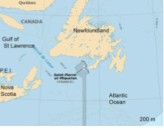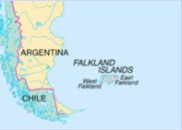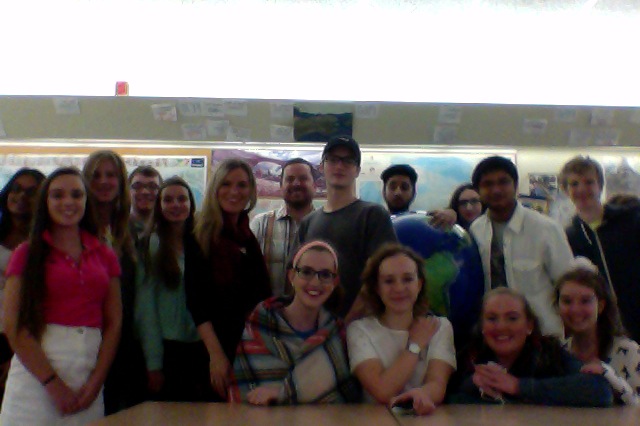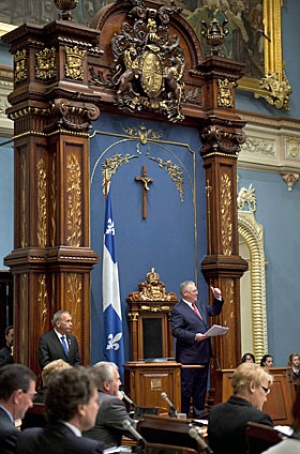It seems to be election month around the world. Canada has just finished its own federal elections. Argentina and Haiti are finishing their elections this month.
With the recent Argentine elections, the topic of the Falkland Islands once again spent some time in the spotlight. One candidate made promises of improved relations with Britain and promises of peaceful negotiations.
The Falkland Islands dispute has been going on for too long. Perhaps it is time to resolve the situation in a similar manner other countries have proceeded within resolving border and land disputes.
For example, in Canada, the dispute with France over a maritime boundary was finally settled when both sides decided to have an international court arbitrate on the decision of the borderline.
Islands Saint Pierre and Miquelon
While Canada is home to the longest shared border in the world with the United States, it is important to realize that Canada also shares borders with other countries. One being with France and the other with Greenland. However, the Saint Pierre and Miquelon case with France is perhaps the most similar to the Falklands Island dispute.
In 1972, Canada and France signed a treaty to define the boundary between the Saint Pierre, and Miquelon and Newfoundland. The boundary also indicated the access rights to the maritime waters for fishing. Fishing was a major concern for both sides and one of the main reasons for signing a treaty.
Yet, in 1977, Canada claimed a 200 nautical mile Exclusive Fishing Zone and France also followed suit. The result of these possible maritime boundary extensions would have an extensive impact, especially on the fishing industries of both countries. Thus, began a series of long disputes until 1988.
In 1988, both countries decided to have the boundary adjudicated by an international court of arbitration. Five arbitrators from the United States, Canada, France, Italy and Uruguay formed the tribunal.
In 1992, the dispute was resolved. The map below shows the nautical boundary created for Saint Pierre and Miquelon. The shaded dark blue is the result of the final maritime zone for the islands and the dotted line shows the actual Canada-France border.
However, in 1994, Canada and France had to sign another agreement regarding regulation of the fishing industry among the waters. After this agreement, relative peace has been operating around the Canadian-French border.
This case is a great example, where after years of trying to resolve the dispute amongst themselves, both countries sought help and asked the international community to assist, arbitrate and put the dispute to rest. When further amendments were needed after the arbitration, the countries took only around two years to solve the new problems themselves.
It is quite possible that it is time for Argentina to finally put forth its claims on the Falkland Islands to an international court to arbitrate a final decision that both Argentina and Britain will have to agree with. With a new Argentine president set to take over, it is also time for a new way for Argentina and Britain to move forth in peaceful negotiations over the Falkland Islands and this could possibly be the solution.






